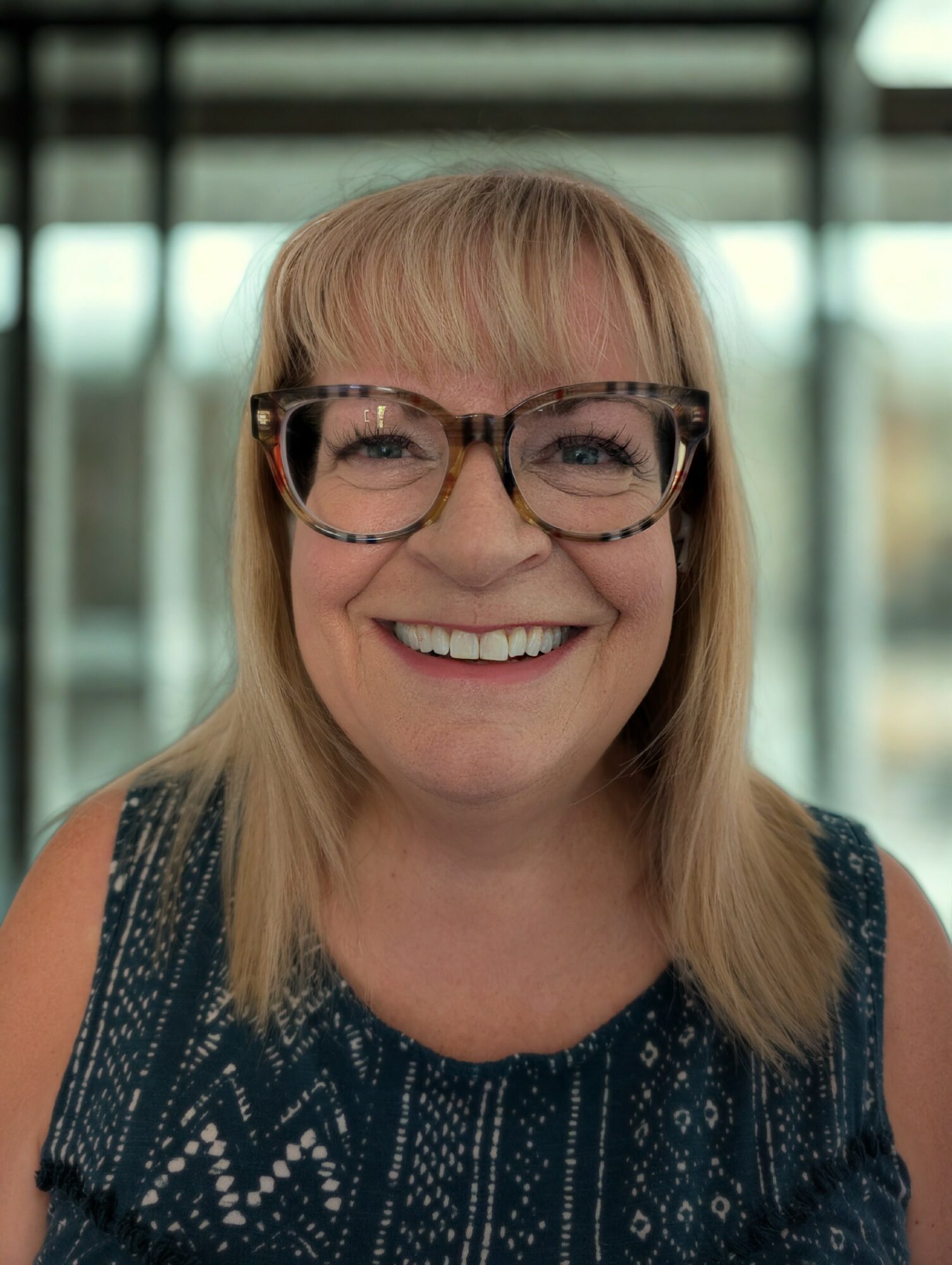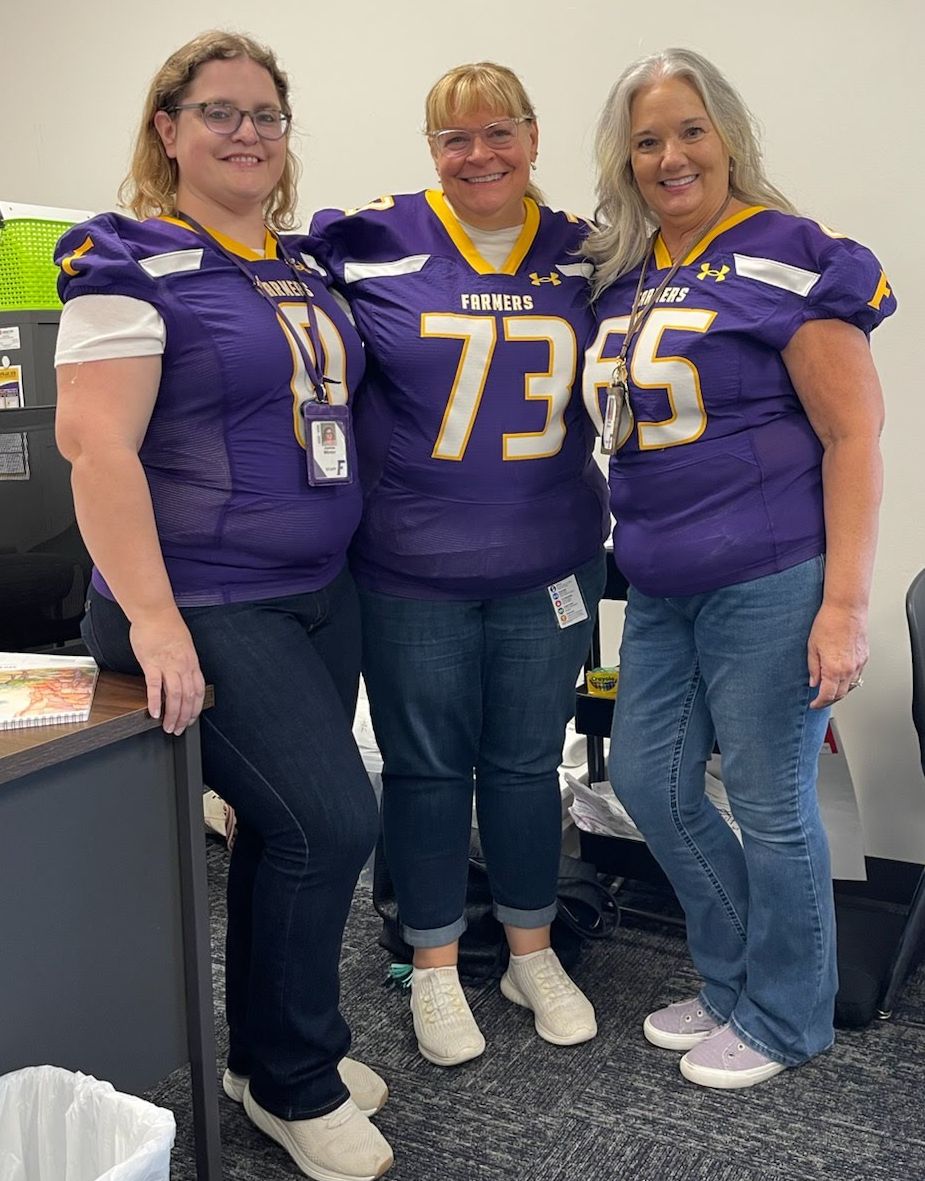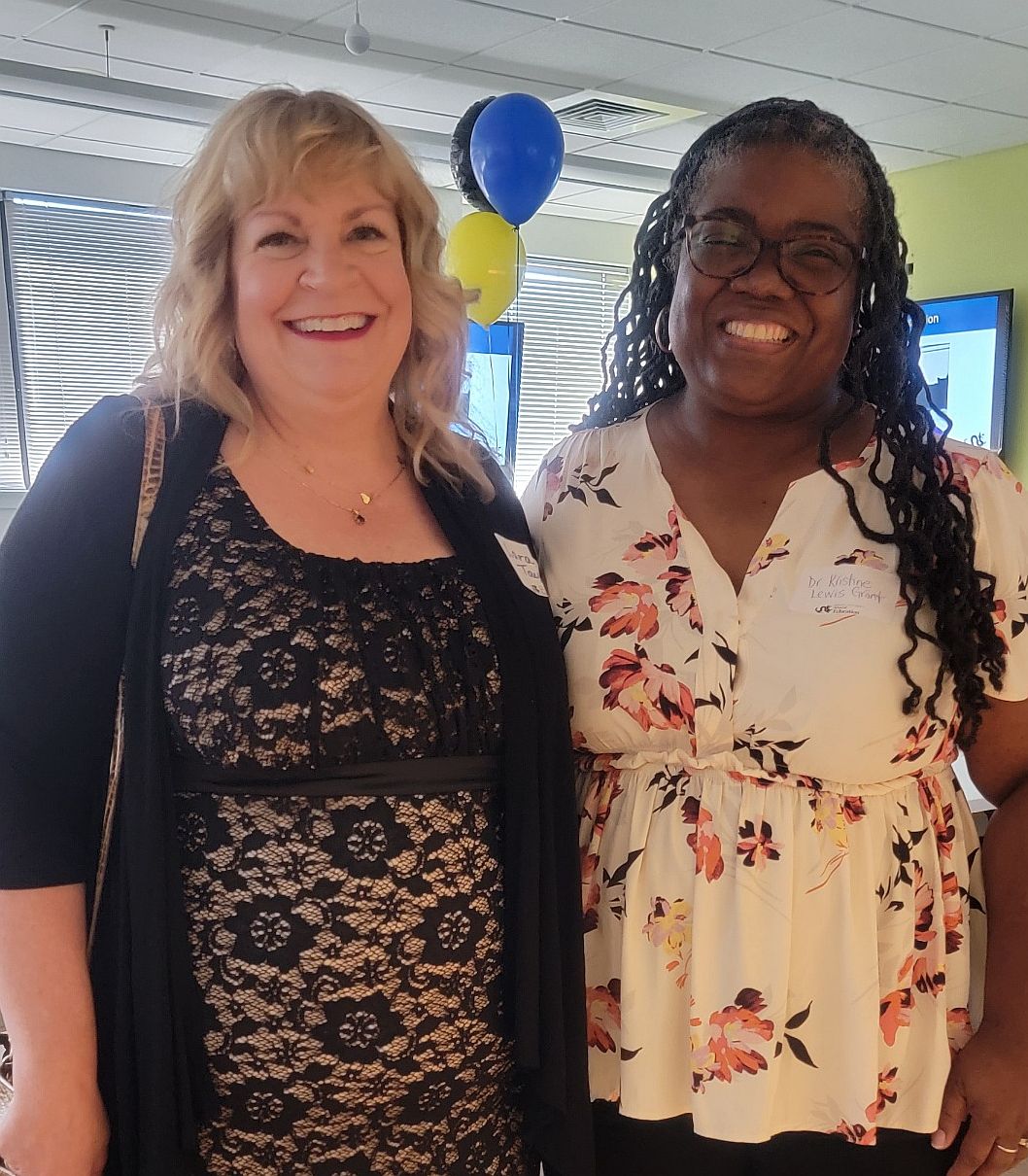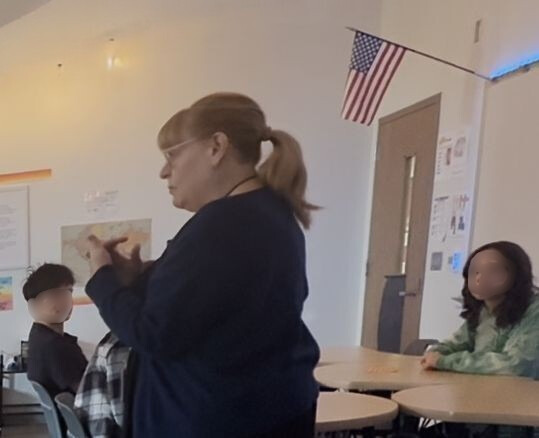

Today we’d like to introduce you to Lara Taylor.
Hi Lara, so excited to have you with us today. What can you tell us about your story?
My journey towards being a teacher began when I was 21. I went to work in East Africa as part of my college degree program and worked with Kenyans for eight months in a public health education and community development project. The most significant lesson I learned in that project was the power of helping people take control of their own lives through education. Six months after I left Kenya, my boss, Bishop Alexander Muge of the Church of the Providence of Kenya (a part of the Church of England and associated with the Episcopal Church here in America) was assassinated for his stances against the government. The government sought to silence him by killing him, but instead, they empowered the movement of the people he taught. He had taught the leaders under him, his congregants and me, the power of working with people from different tribes and how to stand up for people who were seen as powerless. His death caused them to seek jobs all over Kenya and spread the ideas and the skills he taught them all over Africa and beyond. This is the power of true education– no one can take away what we have learned. Understanding this lesson led me to decide that the best way to spend my life was to teach students to understand and communicate with each other and their world through literature and writing.
I spent 31 years teaching middle and high school in Southeast Michigan and North Texas. It was as meaningful and satisfying as I imagined it would be when I started as a 22 year old. That isn’t to say that there haven’t been days that broke my heart. But even on those bad days, I knew what I was doing was useful and empowered the young people in my community.
We all face challenges, but looking back would you describe it as a relatively smooth road?
In 2015, I started noticing that students in my classes were really struggling with anxiety, loneliness, and depression–more than I had ever seen before. I searched for and found a curriculum to help them write reflectively so that they could learn from their lives and set goals for themselves to deepen their strengths and to transform their weaknesses. The program was successful for the students whose teachers embraced it, but there were some teachers who had difficulty. When I went to investigate what was causing this difficulty, those teachers told me they could not support students when they felt unsupported themselves. I started examining the lack of support they were feeling, and then COVID-19 hit. Teacher burnout became a nation-wide refrain. I decided in 2020 that I wanted to research and write about teacher burnout and resilience and began my doctoral program at Drexel University. In my research, I found that there were ways of looking at burnout and resilience that would help schools and people in the helping professions manage the demands that were increasing in their workplaces, and get the resources they needed to feel resilient.
Last year, I took over teaching for two separate teachers who left the profession mid-year. What I found in that experience was that the needs of teachers and students in the post-COVID era have intensified dramatically. For many teachers, their experience, training, and advanced education still aren’t enough to help them meet the needs of the students, administration, and parents. My research on how to avoid burnout and access resilience was put to the test. This teaching experience and the research I did as part of Drexel University has helped me establish my firm, Dawn Treader Consulting. I now do speaking engagements on how to use research-based tools to look at burnout and resilience. We also conduct assessments for schools, districts, educators and medical professionals to help them pinpoint what demands are costing their workforces too much, and what resources could help them leverage those costs into resilience.
Alright, so let’s switch gears a bit and talk business. What should we know about your work?
What sets Dawn Treader Consulting’s approach apart from other programs is that it is built to cut to the heart of what is causing employees to feel burned out and to find the pivot points that can be turned for lasting change. We use our experience in education both during COVID and in the post-COVID world with a research-informed approach. A lot of the articles that you may have read about burnout and resilience reference these two workplace attitudes as something individuals have to solve for themselves. The problem is that the research and workers’experience in the helping professions is clear that the systems we work in affect our wellbeing. In reality, a person can have a strong sense of mission and be emotionally skilled and still burn out after working in a system that doesn’t have the resources their workers need. This makes the systemic problems teachers, nurses, doctors, and social workers are confronting seem almost impossible to solve. It may even keep them from becoming a vital asset to themselves, their families and their workplaces. Dawn Treader Consulting takes a multi-systemic view of burnout and resilience to find the situation-specific levers in each system that will do the most to help everyone in that workplace operate towards resilience and vitality.
Is there any advice you’d like to share with our readers who might just be starting out?
One of the most pivotal resources in any workplace is the social network between the people working there. If you are a beginning teacher, nurse, or social worker, the most powerful practice is to make inroads with your colleagues. These are the people who will help you get the professional development and solutions you need in the moment you need them. They are the ones who will help you gain perspective and manage stress in effective ways. This is the kind of resource that helps you gain the expertise and skills you will need to be in the profession you trained for long term. Many young teachers are told by their university professors that they should avoid going into the teachers’ lounge because of possible negativity. This is throwing the baby out with the bath water. Gather people into a neutral space for lunch. Invite people you admire and who are skillful at your workplace into that neutral space. Having contact with these kinds of people for 30 minutes every day for even one year can be one of the most powerful investments you make in your career.
Contact Info:
- Website: https://drlarataylor.com
- LinkedIn: https://www.linkedin.com/in/lara-taylor-edd-2b675883/
- Youtube: https://youtu.be/MWwmINlbFKQ













